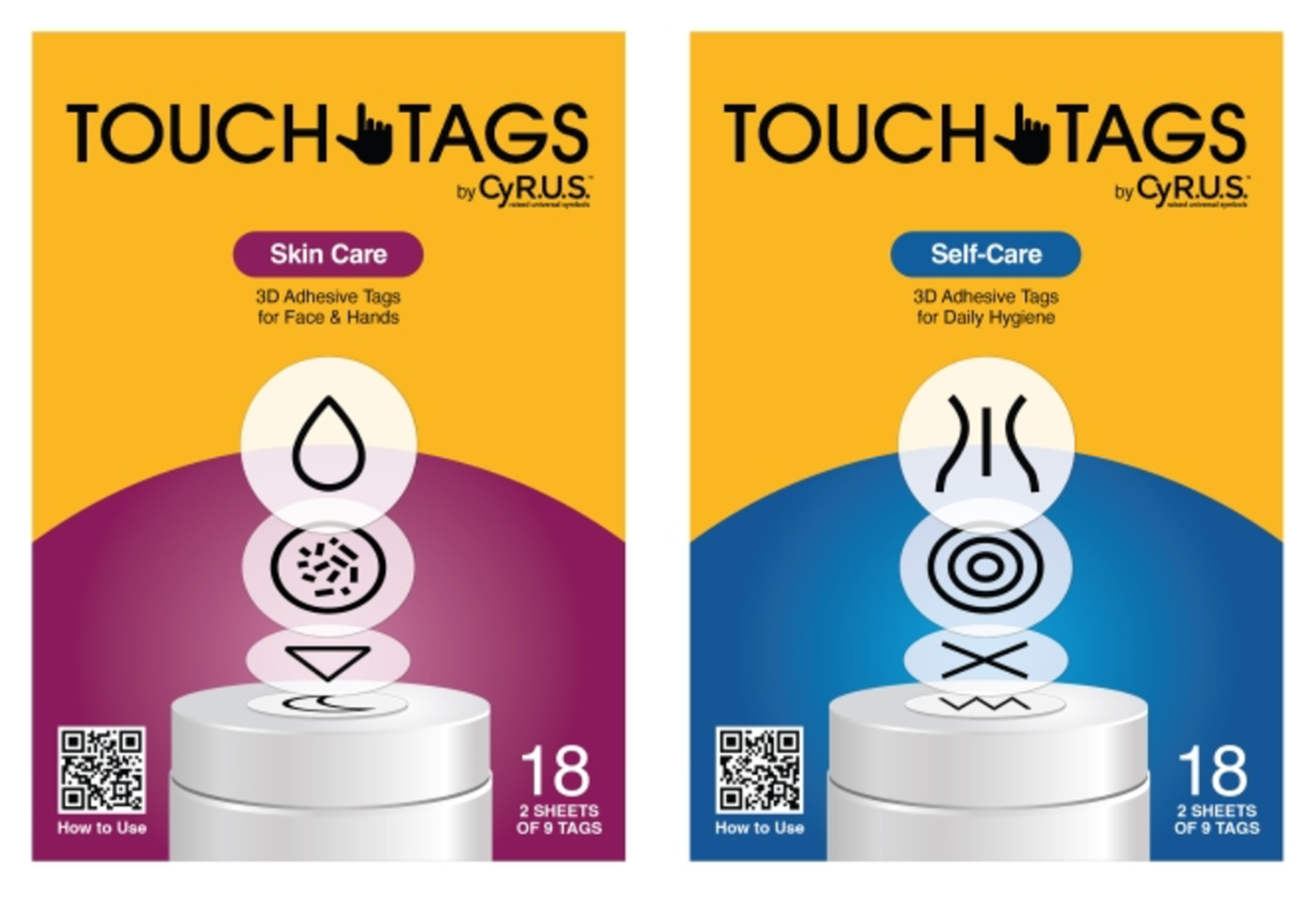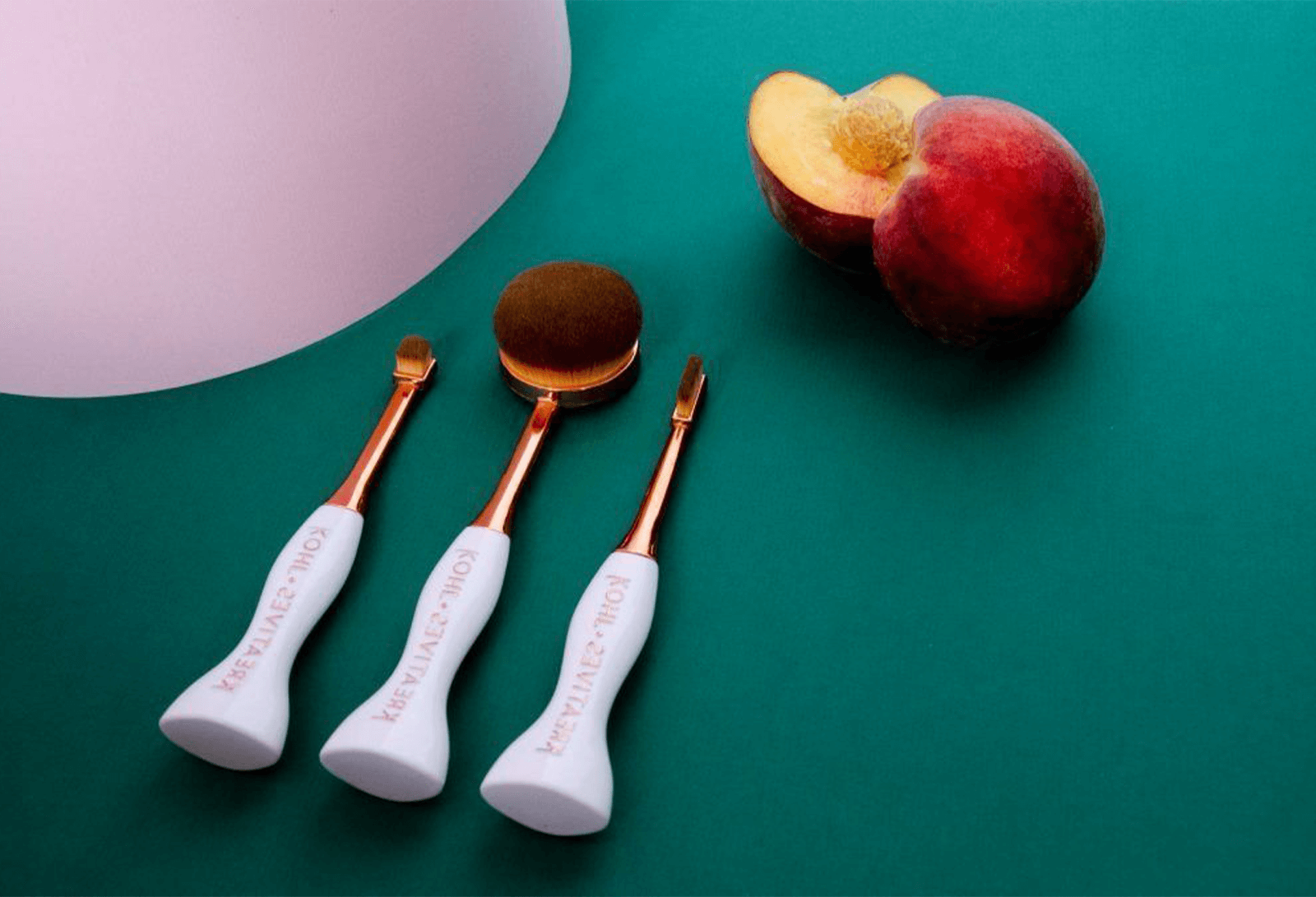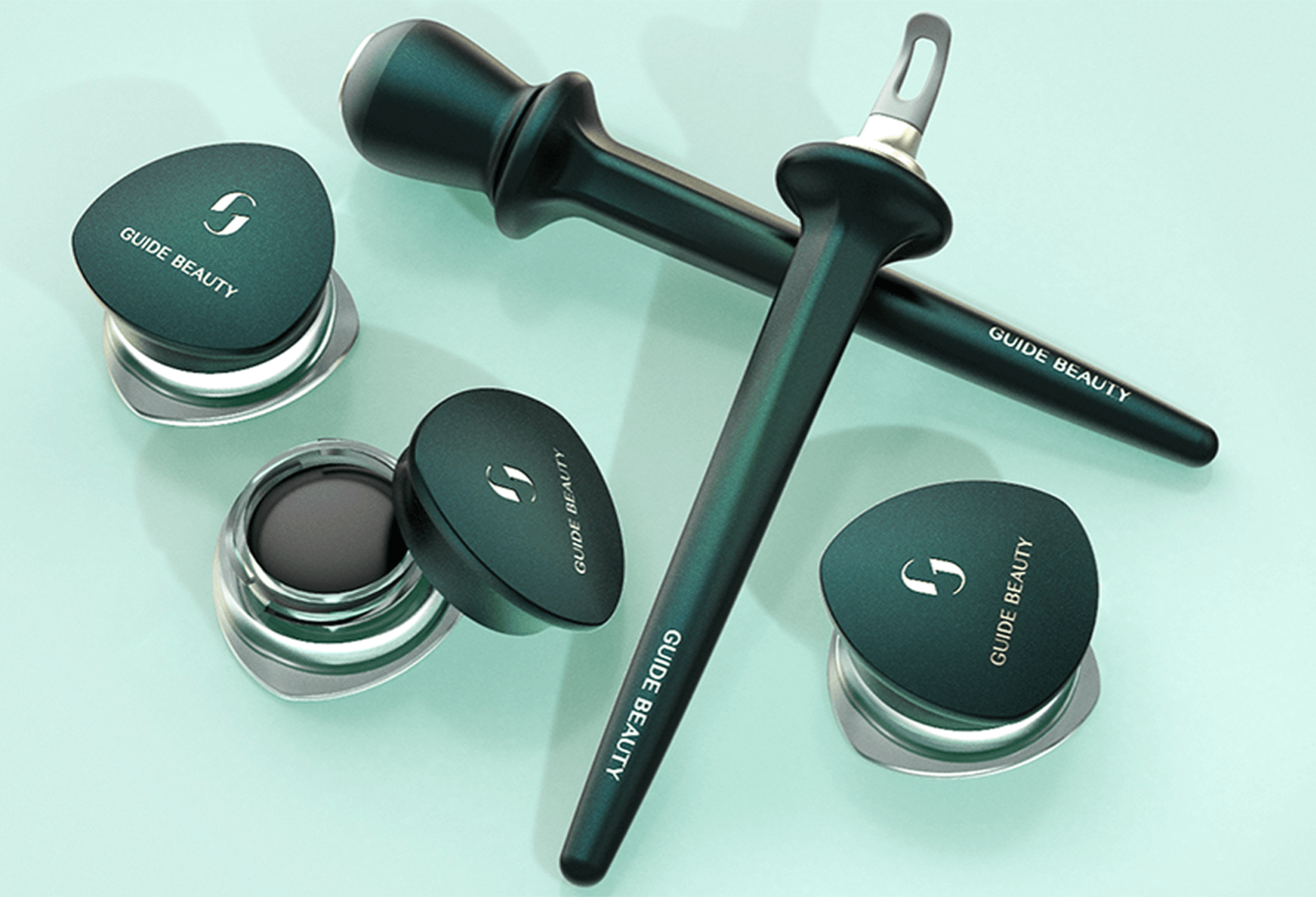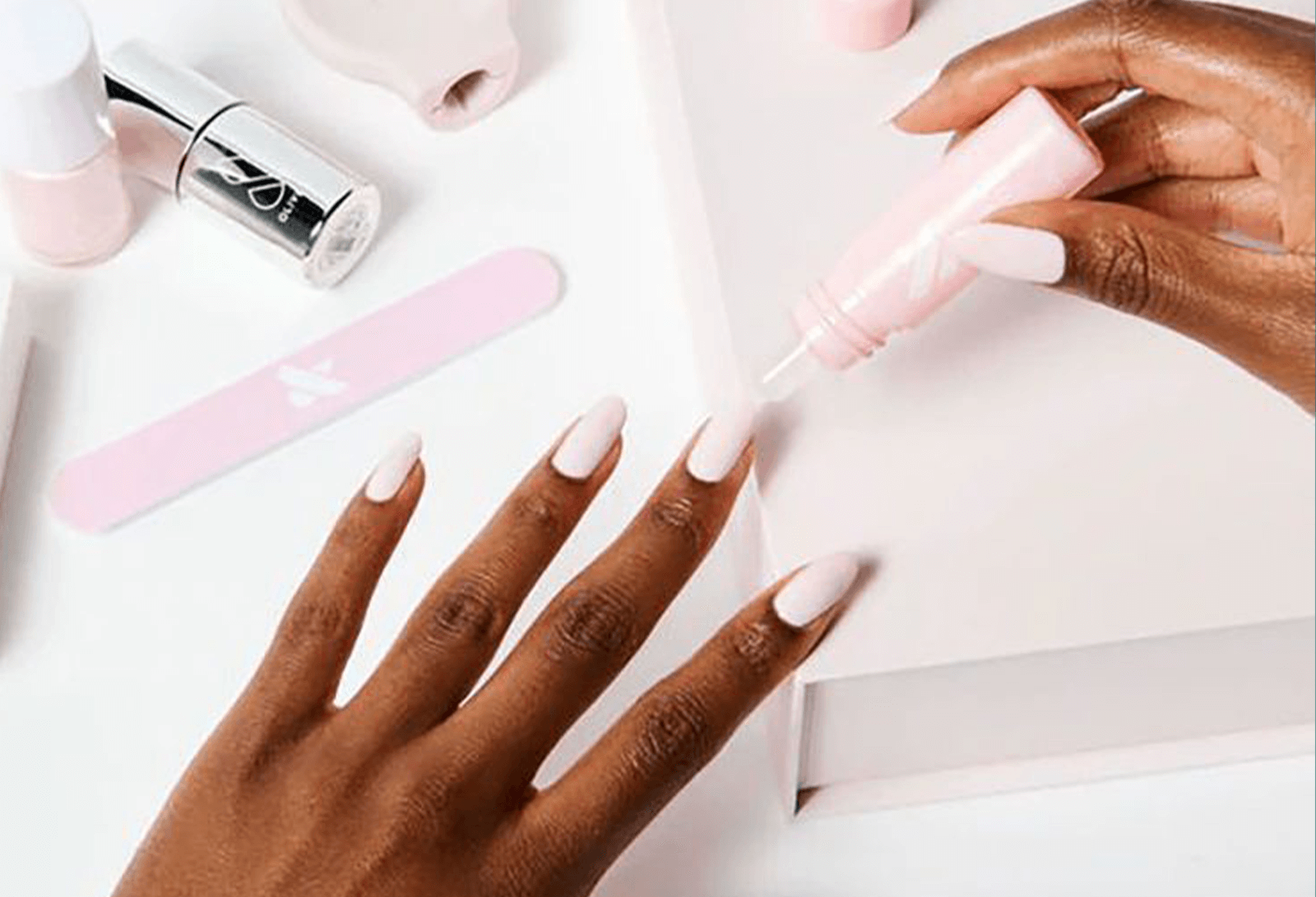Many have disputed the beauty industry’s pitfalls in catering to the disabled consumer. In 2021, Vogue suggested that beauty’s weak spot was providing for those with disabilities, and recently, Dazed questioned if the wellness sector was inherently ableist. With over one billion people worldwide living with some form of disability, it is essential that the industry listens to these conversations and adapts to ensure consumer inclusion. Recent innovations in the sector have indicated a more optimistic future, including L’Oréal’s HAPTA device for those with mobility issues and ELC’s Voice-Enabled Makeup Assistant for the visually impaired. Several smaller companies also provide cosmetics and products with disabled consumers in mind. To highlight the brands pioneering stronger levels of inclusion, BeautyMatter homes in on four brands making a difference:

CyR.U.S Tags: Victoria Watts created CyR.U.S Tags after seeing her son struggle to navigate daily personal hygiene tasks due to being born blind. Watts noticed that most products were similar in packaging, making it difficult for those with limited sight to decipher products from each other. CyR.U.S Tags are a collection of tactical symbols and raised QR codes that can be adhered to products and scanned to learn more. According to Watts, braille is not as effective as most believe, with only 10% of legally blind people in the US being able to read it. It can take at least two years to master the skill, making CyR.U.S Tags a great alternative resource. The brand stocks three kits of waterproof tags labeled for skincare, self-care, and home care, each equipped with adhesive backing to allow for easy identification of packaging.

Kohl Kreatives: Created to “bring the basics back to beauty for everyone so that they can feel good about themselves,” Kohl Kreatives offers products with design alterations that allow disabled individuals to experience an ease of use when applying makeup. A standout from the brand is its eye brushes, a set of six makeup applicators with a nonrolling cuboid handle that supports those with visual impairments in identifying each brush. The collection comes with an audio guide to direct users through each tool. The Flex Collection is another disability-friendly option, with a set of five makeup brushes that are completely bendable to allow those with motor disabilities to adjust each to an angle comfortable for them. All brushes can stand independently, making it easier for users to navigate and pick them up.

Guide Beauty: A brand made to encourage everyone, regardless of skill or ability, to experiment with makeup, Guide Beauty creates universally designed tools that help the hand have a more stable product application. Each product contains built-in stability elements such as large round handles for easier hold and opening. The brand launched with three statement products: mascara, an eyebrow pen, and eyeliner. All products include integrated rest features that contribute to a more balanced arm posture and large handles for a better grip. The tips of the brushes and tools are designed in a rounded shape to reduce the likelihood of accidental eye poking and provide more visibility as opposed to an obstructed view.

Olive & June: The nail polish brand makes accessibility for the disabled a standard component of its products. The Poppy is a patented nail polish bottle handle created to make painting nails at home easier and faster for everyone. The application can replace any standard nail polish handle, is shaped like a light bulb, and made from silicone to allow a firm grip, with dents on one side for where the thumb rests. The Poppy is included in every collection the brand releases. Consumers can also buy the handle as a stand-alone product. Anja K. Herman, a disabled journalist, reviewed the product, stating: “As a disabled consumer, it means a lot that Olive & June is leading a charge of what access could look like in the future—where products could have access ingrained in them, rather than having to extract morsels of accessibility out of them.”
By creating products that include every type of consumer, these brands are setting the example that access for all should be a core element of branding instead of an add-on feature that disabled consumers have to seek out themselves. Innovations like CyR.U.S Tags showcase the opportunity to create inclusive products for all. If more brands considered using such elements within their packaging, it would increase the packaging options made for the industry. There are several talented individuals whose creative ability is suppressed due to the lack of disability-inclusive products. If more brands adapted to the attitude of those mentioned above, this talent would not be kept locked away but instead embraced. Ultimately, beauty businesses must innovate their products to a standard accessible to every type of person.

Want to continue reading this article and others just like it?
Subscribe to BeautyMatter and access the most current beauty intelligence and news updates.
SubscribeAlready a member, login here.